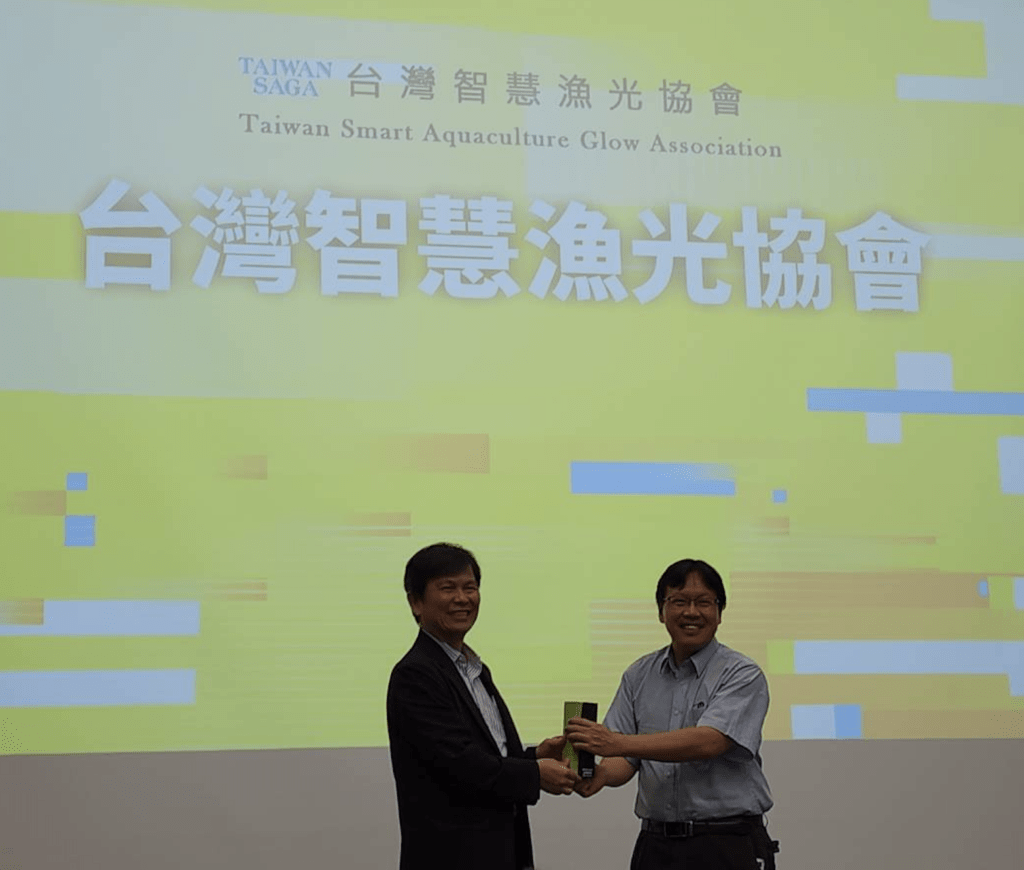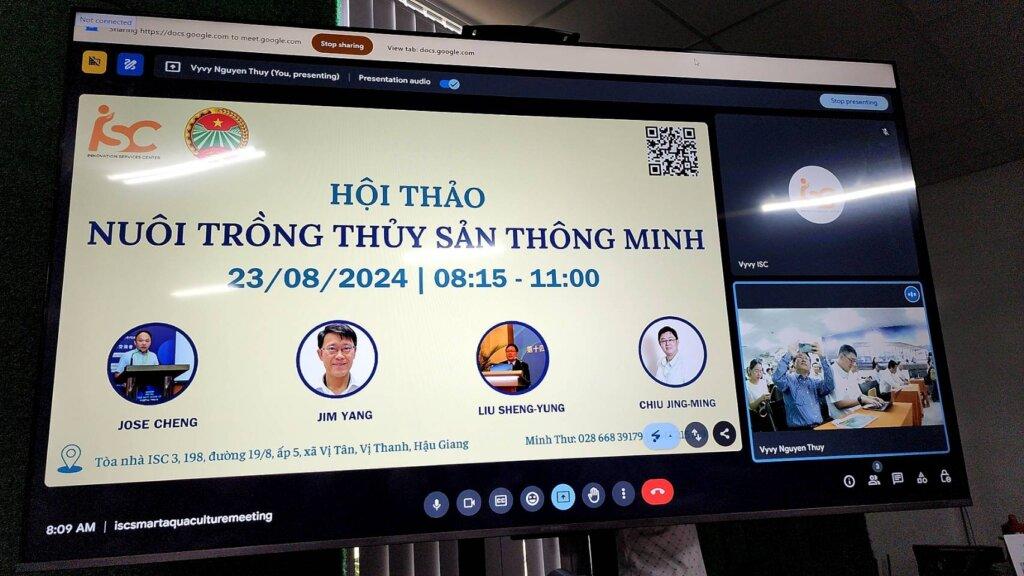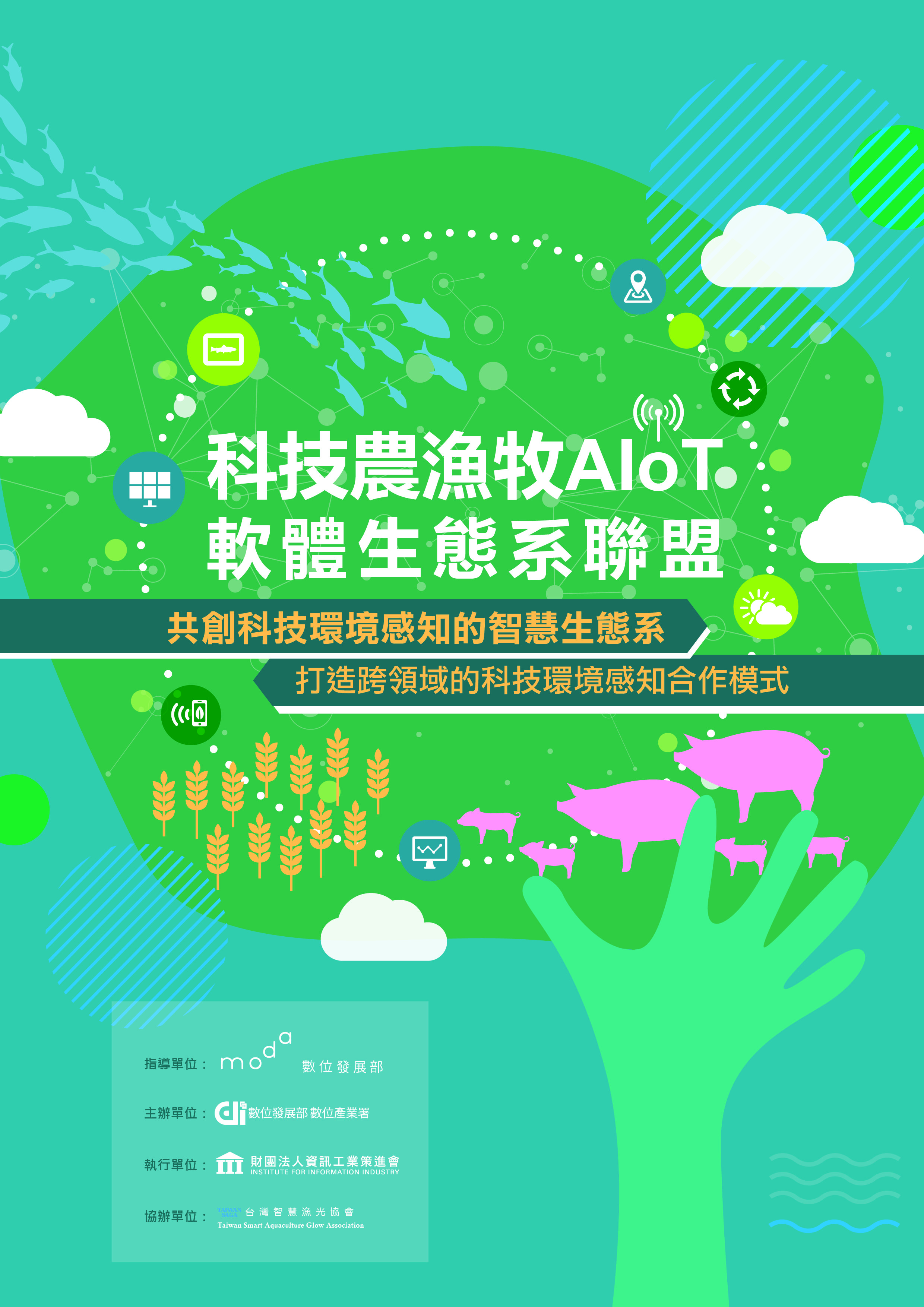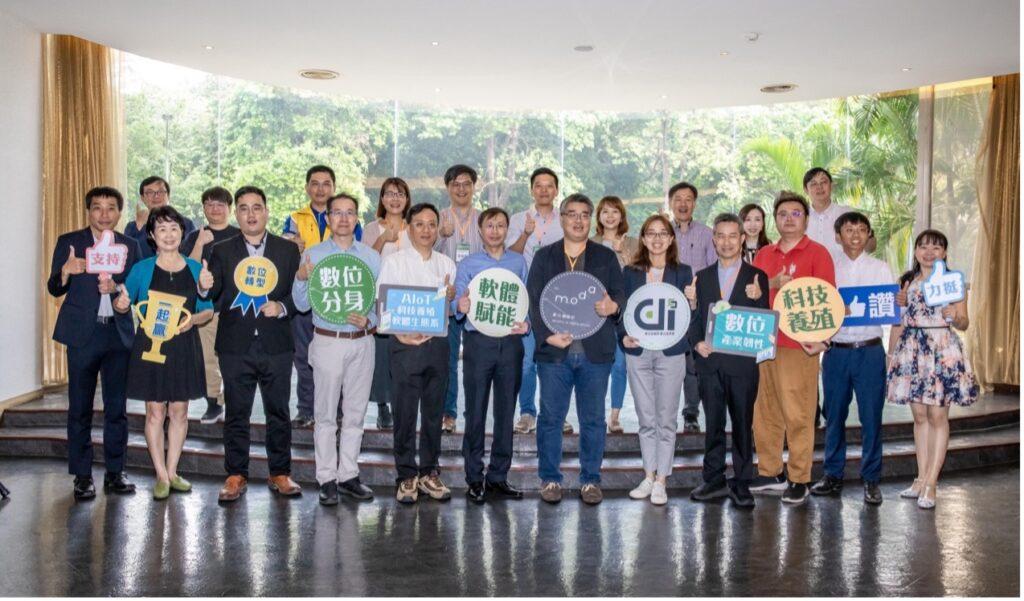Six Ways To Accelerate Seafood Sustainability
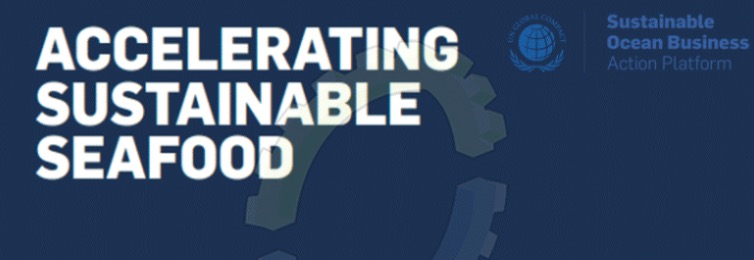
Six ways of helping to ensure that the global seafood industry – covering both fisheries and aquaculture – become more sustainable were outlined in a new report which has been published by the United Nations this week. Called Accelerating Sustainable Seafood, the report was based on the outcome of a ‘sprint’ convened by the United Nations Global Compact Action Platform for Sustainable Ocean Business. Over three calls, 50 stakeholders from policy, business, science and finance discussed how the sustainable development of the seafood sector can be accelerated. The first meeting focused on the role of measurement, including the tools and means to enable effective comparison of seafood companies. Participants discussed “how new forms of sustainability assessments have enabled a ‘race to the top’ between companies, in turn, accelerating the sustainable development of the seafood industry”.
The second meeting focused on the role of finance and how both traditional and innovative financial mechanisms can play a key role in driving the sustainable development of the seafood industry. Financing sustainable seafood, the report argues, “means both unlocking private and public capital towards sustainable projects as well as acting as important ‘gatekeepers’ to ensure investments are directed towards more sustainable practices and decent working conditions”. The final meeting focused on the role of policy and regulatory frameworks in creating a level playing field for the seafood value chain. The meeting heard from several recent policy case studies which demonstrated ambition.
Throughout all meetings, there was one resounding theme: shifting towards sustainability will require a collective and collaborative effort across the entire seafood value chain “Throughout all meetings, there was one resounding theme: shifting towards sustainability will require a collective and collaborative effort across the entire seafood value chain,” the authors note. “With both the UN Food Systems Summit and the 26th UN Climate Change Conference (COP 26) taking place this year, 2021 represents a unique opportunity for the world to accelerate the development of sustainable seafood production,” they add.
1.規範與管理制度
本報告中指出,針對目前現有的規範與架構需進行調整與優化,希望能讓政府在漁業資源的管理上更有科學依據,並掌握市場變化與永續管理的方法。例如目前歐盟所推動的漁場到餐桌規範、日本打擊(Illegal, unreportedand unregulated, IUU)的漁業行為,與其他措施,搭配糧農組織1995年《負責任漁業行為守則》的架構,投入充足的資源以確保各國能遵守規範,進而推動全球永續水產品發展。
2.水產業之永續發展性
主要是針對水產品領域的永續發展,並強調環境與人權之間是互相影響的,具體地說,它承認IUU與非法勞動條件之間的關係。制定政策者可以推動勞工權利的相關法律,並提倡勞工人權的重要性。
3.推動永續海洋產業之金融體系
為了提升永續海洋產業之發展,需提升該領域中相關金融投資策略。例如,創造有利永續的海產品環境,以放寬私人集團購買海鮮,並與世界銀行等多邊銀行建立夥伴關係。不僅如此,還將非金融永續因素納入了金融體系,例如從股票交易所、債權人、保險公司和私募股權的金融“管理者”可以透過融資的方式達到水產產業永續性。
4.強化數據管理與應用決策
為了提升這些水產品企業之決策力度,對於產業鏈中的各項數據資料是非常重要,透過公開這些生產商和加工商的數據資料,提升整個供應鏈中財務報告的準確性,並供其他投資者作為該公司永續發展品質與研究之數據參考。
5.企業獎勵制度
透過標準化的評估工具進行企業運作監督,並考慮整體價值鏈,要求公司蒐集相關科學化數據進行監督與管理,而政府計劃和金融機構可對於願意配合這樣管理的永續海產品公司進行獎勵。
6.建構永續水產品發展體系
藉由2021年即將舉行的聯合國糧食系統高峰會議,加強水產領域之規範,並串聯糧食生產與營養需求,並促使建立跨政府體制進行永續水產品產業之整合與合作。
-
Ratification, regulatory compliance and meta-governance
The first involves the improved utilization and ratification of existing frameworks. Ratifying international conventions — such as the 2016 Agreement on Port State Measures (PSMA) and the C188 Work in Fishing Convention, 2007 (ILO 188) — are paramount in the fight against IUU. Harnessing their supporting instruments and utilizing meta-governmental frameworks, such as the FAO Code of Conduct for Responsible Fisheries 1995, as well as dedicating adequate resources to ensure compliance with existing national regulations are essential to enabling a global push towards sustainable seafood. Finance and business can support this by utilizing international standards and conventions as references when financing projects.
-
Ensuring a socially sustainable seafood sector
The second concerns ensuring a socially sustainable seafood sector, where the fight against IUU fishing remains closely linked to human rights. As trends towards mandatory human rights legislation meet increasing investor demand for the ‘S’ of ESG (environmental, social and governance), seafood companies can prepare by harnessing existing benchmarks while certification and labelling schemes can expand their focus to include social sustainability dimensions. Financial “gatekeepers”, from stock exchanges and creditors to insurance companies and private equity, can leverage their power and influence sustainability by deciding what to finance and under which conditions
-
Unlocking sustainable finance
Thirdly, unlocking sustainable finance will be key to supporting leadership and performance. This requires the right enabling environment, resulting from partnerships with multilateral banks, the incorporation of non-financial sustainability factors into the financial system and the continued analysis of how social-ecological risks translate into financial risks. Financial “gatekeepers”, from stock exchanges and creditors to insurance companies and private equity, can leverage their power and influence sustainability by deciding what to finance and under which conditions.
-
Ensuring access to high-quality, standardized nonfinancial data
Fourthly, access to high-quality, standardized nonfinancial data remains a critical bottleneck. Quality data throughout the value chain is important to inform decision making, both within companies and for investors assessing the sustainability of individual companies and sectors. To foster an environment of corporate data disclosure, there is scope for enhanced mandatory non-financial reporting throughout the supply chain, in close collaboration with producers and processors. ESG benchmarks and indices, which are useful in enabling comparisons between companies, could be further strengthened through standardized industry reporting agreements on key performance indicators (KPIs), such as in the Global Salmon Initiative (GSI).
-
Beyond transparency: from quantifying progress to rewarding performance
However, transparency and data alone do not necessarily equate to performance. Moving beyond disclosure, quantifying progress and rewarding performance are important next steps to accelerate the sustainable development of the seafood industry. Here there is a need to develop standardized tools which take the entire value chain into account and enable companies to track and quantify progress made against commonly defined science-based targets.
-
Recognising seafood within sustainable food systems
The sixth concerns the importance of recognising the present and future role of seafood in global food systems. The upcoming UN Food System Summit, scheduled for 2021, is an opportunity both to catalyse the cross-governmental coordinated action needed to holistically bridge food production with nutritional needs and strengthen the political recognition of seafood. Reframing seafood and unlocking all identified enablers will require a fundamental shift in global narrative and mindset. This shift, which includes the need to cement unsustainable practices as a fundamental business risk, will demand the collective and collaborative effort of all systemic shapers. Collaborations, such as in the UN Global Compact Action Platform for Sustainable Ocean Business, show there is a willingness to rise to the challenge from the seafood industry, the authors conclude.
